Rapé Nukini – Onça
The Nukini are called the people of the jaguar. In Portuguese the Jaguar is the Onça Pintada. It is a shamanic power animal of the indigenous peoples of the Amazon but none take it as close to heart as the Nukini. Xiti, a young cultural and spiritual leader of the tribe. Xiti is the top Rapé master of his people and he makes this particular medicine. Nukini Onça is his signature blend with his personal selection of sacred herbs. Unfortunately he doesn’t like to disclose the herbs he uses in this special recipe. This is a beautiful masculine medicine with strong effect, good for deep meditation. Nukini Onça is a winner!
The Nukini are another tribe who nearly lost their Rapé culture with the rubber boom but brought it back more recently. Their snuffs became known as some of the most sought after mainly because if the high quality Nukini Rapé from our partner Xiti. He also is a talented musician of traditional and Portuguese songs. For those who like to know you can hear him here.
More About Rapé
Rapé is a shamanic snuff, usually made with tobacco and found throughout the Amazon. Traditional Amazonian medicine and shamanism uses it as a medicinal herb, and as a tool for shamanic journeying.
Indigenous snuff usually contains tobacco and special ashes. It can contain a number of different herbs and plants. These are for flavor and sometimes for their alleged medicina properties. In addition, the strength of the tobacco used can change depending on the blend!
Rapé is usually administered by a shaman, through a pipe called a tepi. He blows small quantities of rapé up the nostrils, one after the other. The effect can be powerful and immediate!
You can also take rapé yourself, using a special pipe called a kuripe. You will lose out on the experience and knowledge of the shaman, who can impart energetic healing and guidance too.
Distinct cultural group use Raoé in different ways. They consecrate it on its own for its transformative power or to enhance the power of other plant medicines. Sometimes they use it recreationally as a stimulant to give nergy for physical labor. It has a number of purported medicinal properties – its capacity to provoke purging means it has a reputation as a cleanser of toxins from the body, and a booster of natural immunity.
Use with respect and care; it is a tobacco product and can be habit forming!
The Nukini
The Nukini form part of the group of Pano-speaking peoples that inhabit the Juruá region. They share very similar ways of life and views of the world. They also share a devastating history of dispossession, violence and exploitation since the mid-19th century. This happened at the hands of the rubber industry. The Terra Indígena Nukini is adjacent to the Serra do Divisor National Park. Together they now form part of one of the most important reserves in Brazil. The Nukini are demanding the expansion of their official territory to cover a part of the National Park. The interests of the environmentalists do not always coincide with those of the Nukini and there have been a series of conflicts which made mutual dialogue difficult. They also have joint activities to protect the area, constantly threatened by loggers, hunters and drug traffickers.
Location
The Terra Indígena Nukini is located in Acre, in the far southwest of the Brazilian Amazon region. The state has international frontiers with Peru and Bolivia and national boundaries with the states of Amazonas and Rondônia. The landscape is mainly composed of sedimentary rocks that form an unbroken platform gently dropping from 300 meters above sea-level at the international boundaries to just above 100 meters at the boundary with the state of Amazonas. In the extreme west the relief alters by the presence of the Serra do Divisor, an outlier of the Peruvian Contamana range. It is the highest point in the state, with a maximum altitude of 600 meters.
The soils of Acre are covered by natural vegetation comprised mainly of dense and open tropical forest, characterized by floristic diversity of high economic value. The climate is of the tropical hot and humid type, with high temperatures, high levels of precipitation and high relative air humidity. The hydrography of Acre consists of the Juruá and Purus basins, both tributaries of the Solimões (Amazon) river.
The biodiversity value of the Serra do Divisor National Park (PNSD) is amongst the highest in the Brazilian Amazon. This biological diversity has been used and conserved for centuries by the resident population of the area, including the Nukini whose lands are home to a large part of the biodiversity.
Name
The currently auto-denominated Nukini are a people of the Pano linguistic family. It is possible that in the past they used another auto-denomination. In some historical texts they refer to the Nukini as Inucuini, Nucuiny, Nukuini, Nucuini, Inocú-inins and Remo.
As a result of contact with those involved in the expanding rubber frontier, there are currently few mother tongue speakers of Nukini. Possibly because of being mocked and discriminated for speaking the language, the Nukini stopped passing on the language to their descendents, thereby creating a younger generation speaking only Portuguese.
As a result of their close contact with rubber tappers, small producers and riverbank communities on the upper Juruá, the Nukini have adopted many of their habits whilst maintaining their own identity, especially as regards social organization.
Social structure
The Nukini have a clan-based organization. The eldest members are able to identify precisely the entire patrilinear descent of Nukini families, classifying their members according to the clans they belong to: Inubakëvu (‘people of the spotted jaguar’), Panabakëvu (‘people of the assai palm’), Itsãbakëvu (‘people of the patoá palm’) or Shãnumbakëvu (‘people of the serpent’). However many younger Nukini are not aware of which clan they belong to. So they do not use this as a criterion for their choice of marriage partner.
Nukini houses generally contain nuclear families. Near to one house there may be others belonging to married children who have constituted their own nuclear families. Residence patterns are often associated with marriage rules, where a son will live close to his father-in-law. However this rule they not always follow and after marriage a couple may chose to live in a place distant from their families of origin.
Descent is patrilinear, as appears to be the case in the majority of Pano peoples, with clearly defined divisions of labour by sex and age. Men are mainly responsible for hunting, gathering and agricultural activities. Women are responsible for activities within the domestic sphere, as well as gathering forest products, making handicrafts and helping with agricultural activities.
Mariri
Regarding rituals, the Nukini, like other Pano groups in the region, currently dance the mariri. They sing many indigenous songs. Some they compose themselves and others taught by the older members.
Source: https://pib.socioambiental.org/en/Povo:Nukini

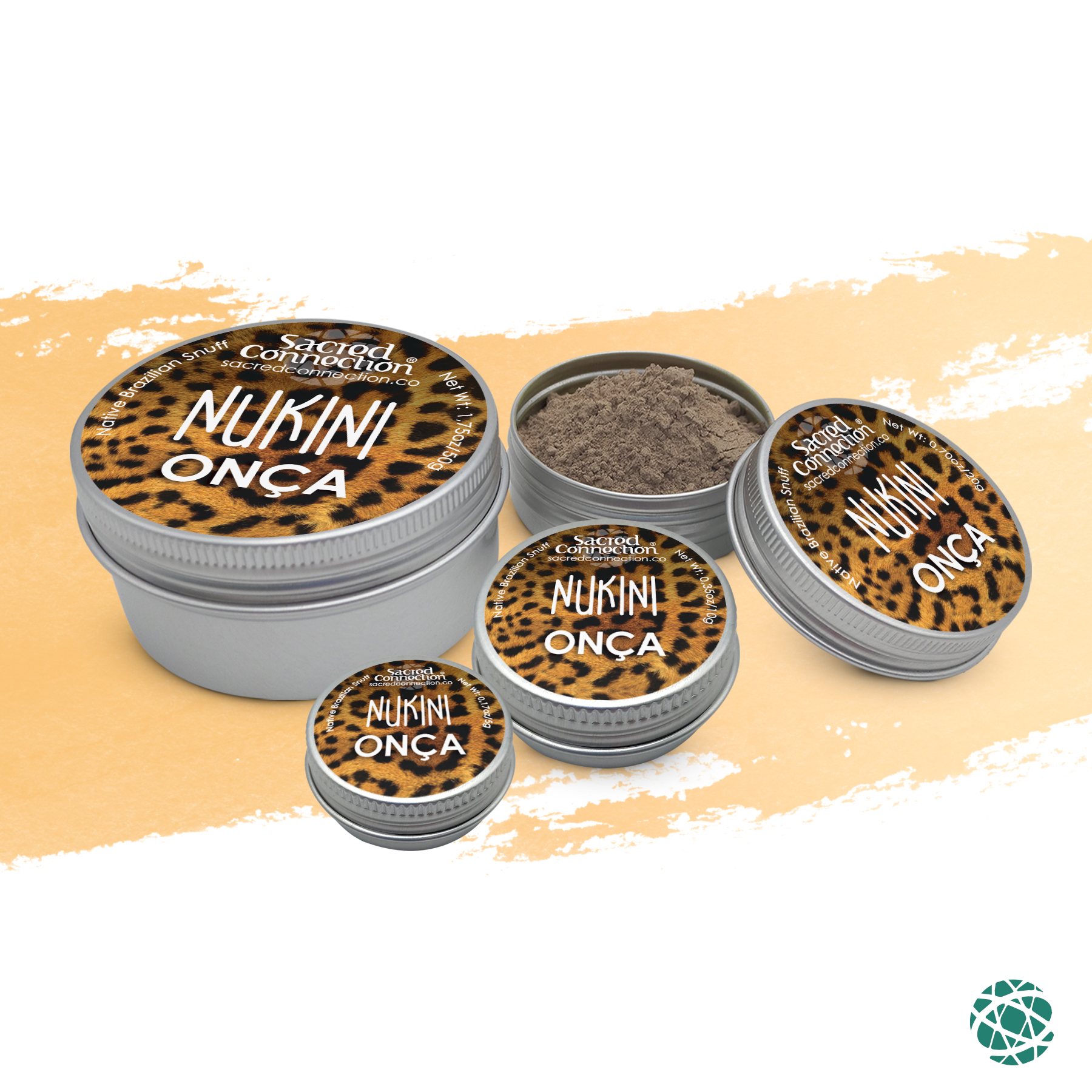

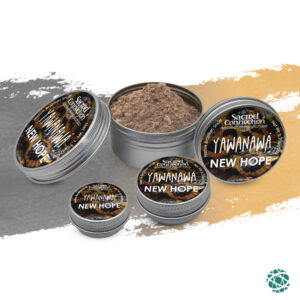


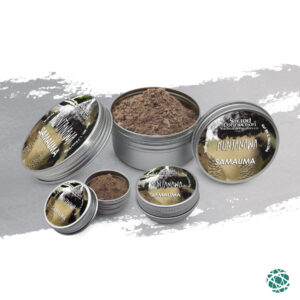
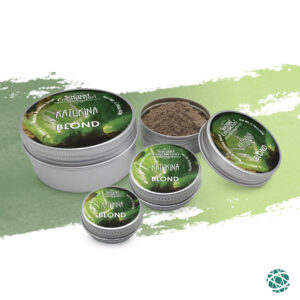
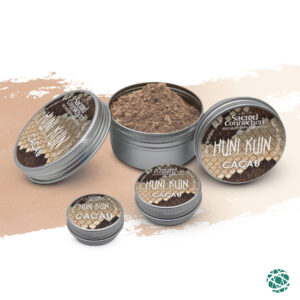
Thomas Iaci (verified owner) –
This is the first Rape I ever tried and I’m still in love with it.
byron –
so thankful for this offering. it is everything you say it is. your delivery and packaging represent the product beautifully. haux haux!
comcreeper.am (verified owner) –
This is top quality Rapha, The creator Xiti is a great Rapah maker, an powerfully good person, and it’s felt in his medicine. Brut an yet gentlemanly Smooth in term’s of flavor’s. Props to the Nukini.
Hilary Baker –
Great and powerful medicine
Sacred Connection Team –
Sacred Connection thanks you for your feedback! It means the world to us.